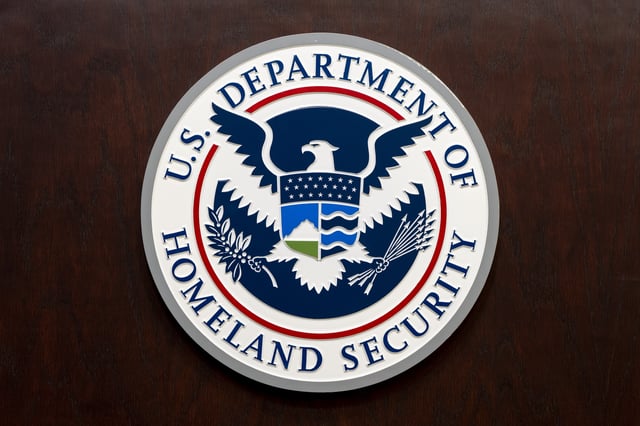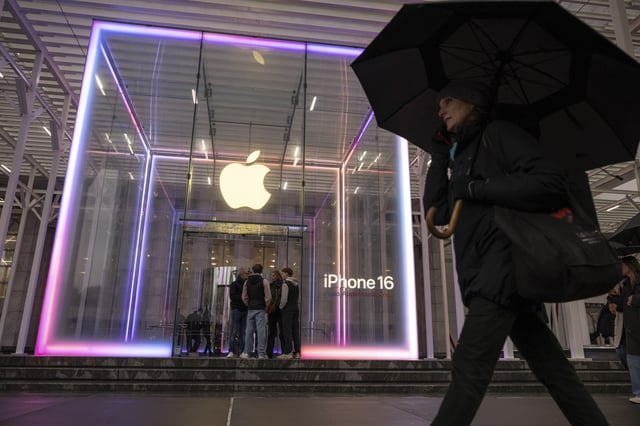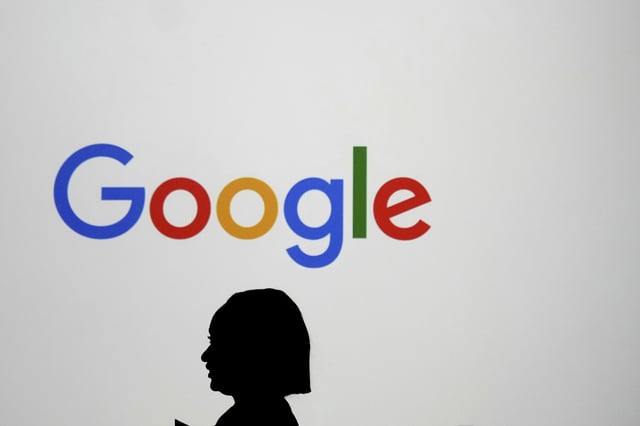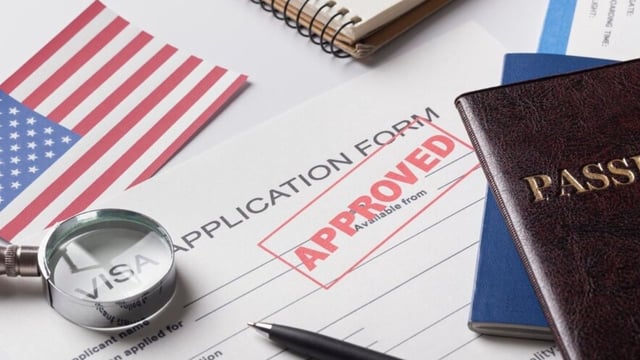Overview
- The Trump administration has introduced new biometric requirements and heightened vetting for H-1B visa applicants and renewals without prior notice or standard regulatory processes.
- Employers and immigration lawyers report receiving unusual USCIS letters citing 'adverse information' or requesting biometrics, a departure from past procedures for these visas.
- USCIS defends the changes as part of efforts to enhance national security, public safety, and fraud prevention, citing lapses in prior administrations' oversight.
- The H-1B visa program, vital to the U.S. tech sector and other industries, has long been a source of political and economic contention over its impact on American workers.
- The recent actions add to growing anxiety among stakeholders about the stability and future of the program, which has not seen significant structural changes since its creation in 1990.



